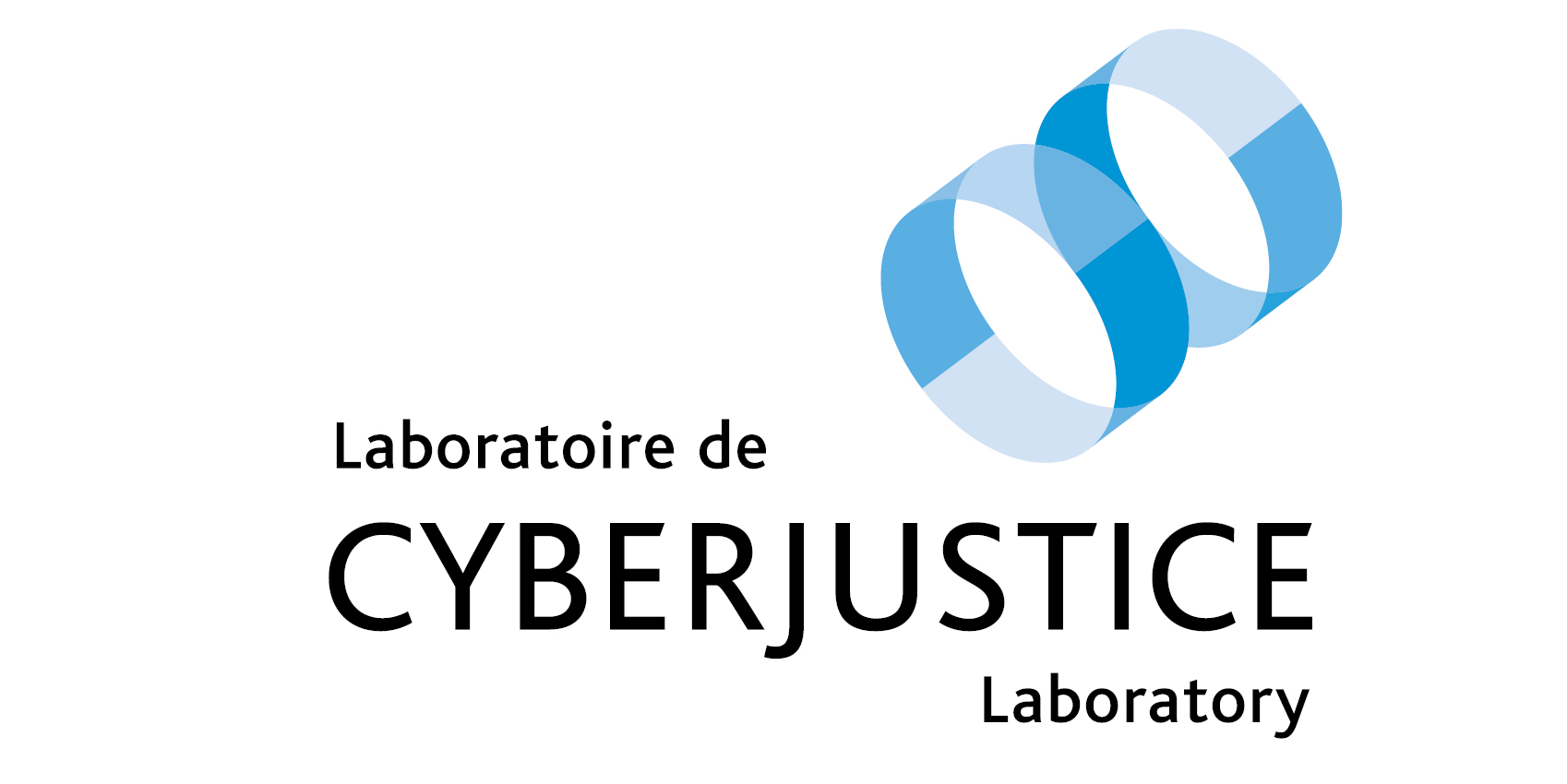Partnership Agreement between Québec City and the Cyberjustice Laboratory of Université de Montréal.
Quebec City goes forward with a digital court.
Quebec City, November 19, 2015– Patrick Voyer, member of the executive committee on information technologies and Professor Karim Benyekhlef, executive director of the Cyberjustice Laboratory of Université de Montréal, presented today a new partnership agreement that will result in the implementation of a fully digital municipal court.
This three-year partnership agreement will allow the City of Québec to benefit from the Laboratory’s research infrastructure and the expertise of its researchers to optimize the case management of files of the municipal court.
“This partnership is an important step in the realisation of a digital court for Quebec City. For more than ten years, we have monitored and studied the best practices in this field at an international level. The expertise developed by the Laboratory will offer us concrete support to integrate technologies within the judicial process in order to improve its activities and access to justice for all citizens”, said Mr. Voyer.
The agreement with the Municipal Court of Québec City is the latest of a number of partnership agreements that the Cyberjustice has signed, in particular with the Québec Ministry of Justice, the French Ministry of Justice, the World Bank and the National Chamber of Judicial Officers of France. “These collaborations make it possible for us to reach more stakeholders and thus improve access to justice”, noted Professor Karim Benyekhlef.
Many advantages for citizens and the legal community
Whether it be for the implementation of technological courtrooms, the electronic case management or the access to online services for citizens and the legal community, the integration of technology at the municipal court offers many advantages. Furthermore, a digital court means a decrease of travels, of processing times, of non-value added tasks (repairs, printing, case filing, double entry, etc.), as well as a decrease in operating costs (printing, postal shipping, etc.).
Here are a few examples of the technological tools that will be available in courtrooms to improve evidence presentation:
- Wifi network;
- document camera, including screening;
- the possibility to use a smart phone or tablet to show a picture or a place with Google Maps or on the interactive city map;
- the possibility to use a tablet with an annotation function to draw pictures, a map to highlight certain elements and then to save it and include the drawing in the case file, etc.;
- video-appearances,
New online electronic services will also allow the public to have a better experience at the municipal court. These online services will make it possible to:
- enter a plea;
- consult and follow the evolution of their cases at all times;
- file evidence;
- set a hearing date online.
Quebec, a smart city
In Quebec City the concept of smart city means the implementation of information infrastructures that will improve quality of life for citizens, service offer and management of the city.
The Digital court project carries important benefits for citizens: a better understanding of the judicial project and an improved access to justice.
Media Coverage
radio
- Radio énergie Québec - informations (19 novembre 2015).
- Ici Radio-Canada Première, 15-18 (20 novembre 2015).
- Ici Radio-Canada Première, Médium Large (23 novembre 2015).
TV
Press articles
- Virtual Justice: Quebec City to Implement 'Fully Digital Municipal Court, TechVibes, NewsDesks, November 24, 2015.
- La cour municipale de Québec se convertit au numérique. Le Soleil, Justice et faits divers (19 novembre 2015).
- Virage techno à la cour municipale de Québec. Journal de Québec, Actualités/faits divers (19 novembre 2015).
- La cour municipale de Québec prend le virage numérique. Québec Hebdo, Actualités (19 novembre 2015).
This content has been updated on 07/10/2019 at 15 h 54 min.

![FullSizeRender[1]](http://www.cyberjustice.ca/docs/FullSizeRender1-225x225.jpg)

